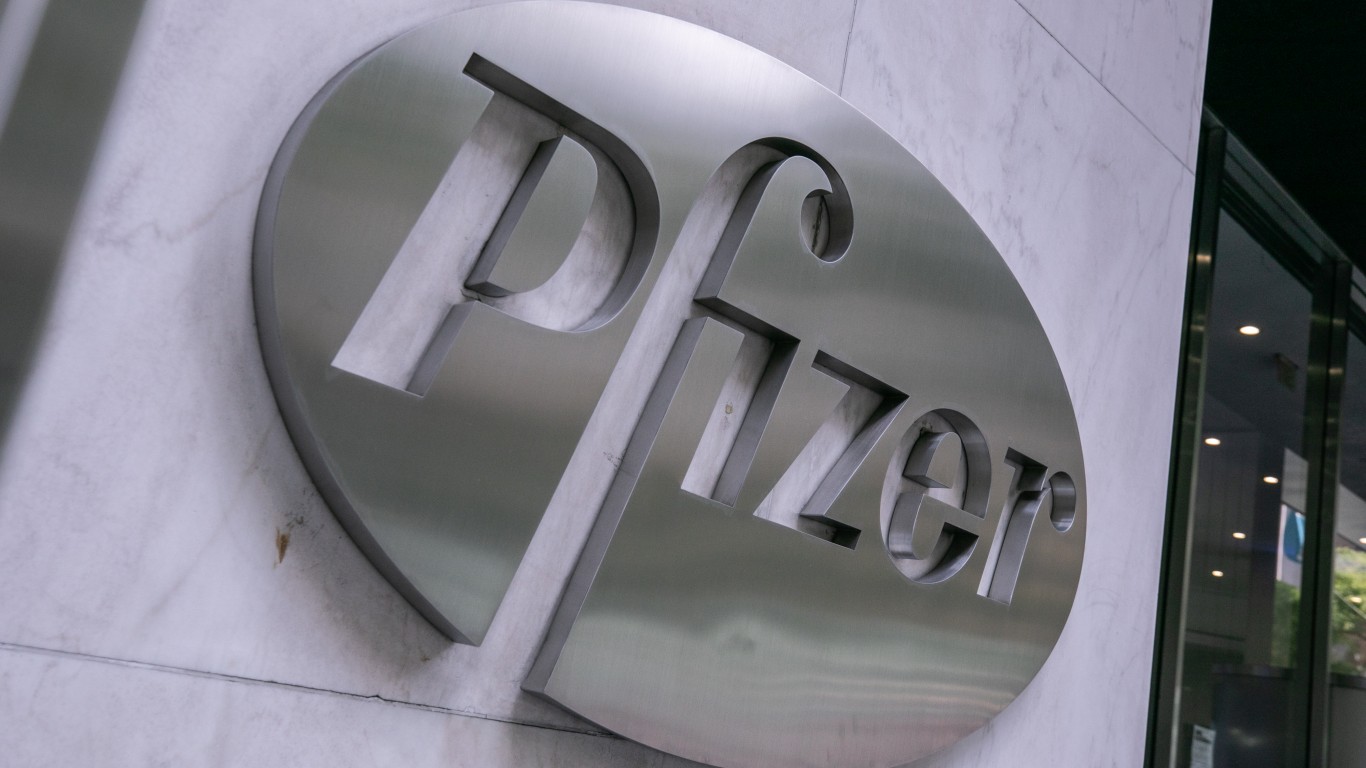
New York-based short-seller Spruce Point Capital Management issued an update on April 18 to its December 2021 report highlighting what it believes are the many unsavoury business practices at Nuvei Corporation (US:NVEI, CA:NVEI), a Canadian mid-cap fintech.
If you’re unfamiliar with Montreal-based Nuvei, it recently announced that Canadian actor Ryan Reynolds invested in the company while providing his creative abilities to broaden the payments business’s exposure outside Canada.
Perhaps not coincidentally, Spruce Point’s update came one day after the Reynolds announcement.
“We will layout why we believe Nuvei is under extreme business and financial pressures. Its announcement that accomplished actor Ryan Reynolds made an ‘investment’ in Nuvei was a timely promotional endorsement especially after we found broken links tying Nuvei to FTX,” Spruce Point stated in its April 18 press release about its updated report.
Nuvei’s stock has seen volatile trading in the days since but has regained any losses caused by the short-seller’s update.
Spruce Point makes many arguments in the 119-page report, suggesting that Nuvei shareholders face 40%-60% downside risk by continuing to hold NVEI stock.
Do the arguments hold water? Here are the pros and cons of the short-seller’s report.
Questionable Background
It wouldn’t be the first time that a CEO was found to have embellished their educational studies. For example, Spruce Point believes that Nuvei CEO Phil Fayer once claimed he graduated from Montreal’s Concordia University and then recanted that claim, thereby making him an unfit leader.
True or not, that’s hardly a smoking gun.
The report says that Fayer was arrested for a criminal traffic offense in 1998. However, it fails to inform readers as to the ultimate outcome. If there were more to the story, Spruce Point would have said so. Instead, this is a non-issue that happened 25 years ago.
A more serious allegation is that Fayer ran a business called PaySystems. Founded in 1998, it provided merchant account services such as payment processing. As Spruce Point says in its report, Fayer claimed it had projected 2003 revenues of $100 million. It also refers to a 2010 article in The Globe and Mail that said the business was shut down due to changing regulations.
Again, where is the smoking gun? Businesses close all the time for many different reasons, even when they’re profitable.
Spruce Point makes a big deal about the holes in Fayer’s background, questioning what he was up to before founding Pivotal Payments (the precursor to Nuvei) in 2003. However, if the short-seller read its source material, it would know that Fayer spent the previous five years running PaySystems, which Spruce Point refers to as a potentially fraudulent business.
None of what Spruce Point alleges up to the founding of Pivotal Payments in 2003 holds any merit based on the evidence provided in their report.
Pivotal Origins
Nuvei was founded in 2003. It says so on its website and at many other outlets, including the Scotiabank Digital Banking Lab at the Ivey Business School in London, Ontario.
“Nuvei claims it was founded in 2003, and its predecessor was Pivotal Payments. However, conspicuously absent from the narrative is that CEO Phil Fayer operated PaySystems. PaySystems collapsed, leaving aggrieved merchant customers across North America without their money, and multiple claims of fraud by CEO Fayer,” states page 6 of Spruce Point’s report.
As was detailed in the 2010 Globe and Mail article, there is no attempt to hide the fact Fayer closed down PaySystems around the same time he founded Pivotal Payments, which became Nuvei in October 2018.
The article states explicitly that Fayer admitted he needed to come up with a different strategy. Pivotal Payments was the answer.
Executive Omissions
The most serious accusation from the report is Spruce Point’s allegations that Nuvei CFO David Schwartz failed to disclose that he was CFO of SureFire Commerce, which was the subject of numerous complaints about its Firepay.com payments business. Those complaints ultimately contributed to Firepay.com’s closing up shop in 2007.
The short-seller report also stated that Chief Corporate Development Officer Neil Erlick omitted his involvement with FireOne Group, a company that processed billions in illegal gambling transactions between 2004 and 2006, resulting in the forfeiture of $19.2 million obtained from criminal proceeds. Nuvei’s Schwartz was the CFO of FireOne Group at the same time.
Spruce Point mentions other omissions in the 119-page report. Investors can read it to find out what they are.
Once again, there is no smoking gun to any of the short-seller’s points about biography omissions.
Speculative Questioning
What is amazing about Spruce Point’s report is that it’s allowed to write this kind of disinformation without concrete evidence other than speculative questioning. Worse still, it will unlikely receive a regulatory slap on the wrist for its actions.
Spruce Point founder and chief investment officer Ben Axler raised concerns about Nuvei’s transparency in an interview with BNN Bloomberg on April 18,.
“They need more transparency, more disclosure, and everything we see out of them gets more and more opaque,” Axler told the news outlet.
Ironically, Spruce Point declined to comment on the extent of its short position, which tells you everything you need to know about its desire for transparency and full disclosure.
As I see it, Spruce Point’s report is a poorly written smear campaign executed to generate profits from its short position. Investors should read the report for themselves before jumping to conclusions.
It might have had something if it had stuck to substantive issues, such as the Paya Holdings acquisition deflecting from its slowing growth. Instead, it’s an unprofessional attempt to discredit one of Canada’s leading fintechs.
This article originally appeared on Fintel
It’s Your Money, Your Future—Own It (sponsor)
Retirement can be daunting, but it doesn’t need to be.
Imagine having an expert in your corner to help you with your financial goals. Someone to help you determine if you’re ahead, behind, or right on track. With SmartAsset, that’s not just a dream—it’s reality. This free tool connects you with pre-screened financial advisors who work in your best interests. It’s quick, it’s easy, so take the leap today and start planning smarter!
Don’t waste another minute; get started right here and help your retirement dreams become a retirement reality.
Thank you for reading! Have some feedback for us?
Contact the 24/7 Wall St. editorial team.





